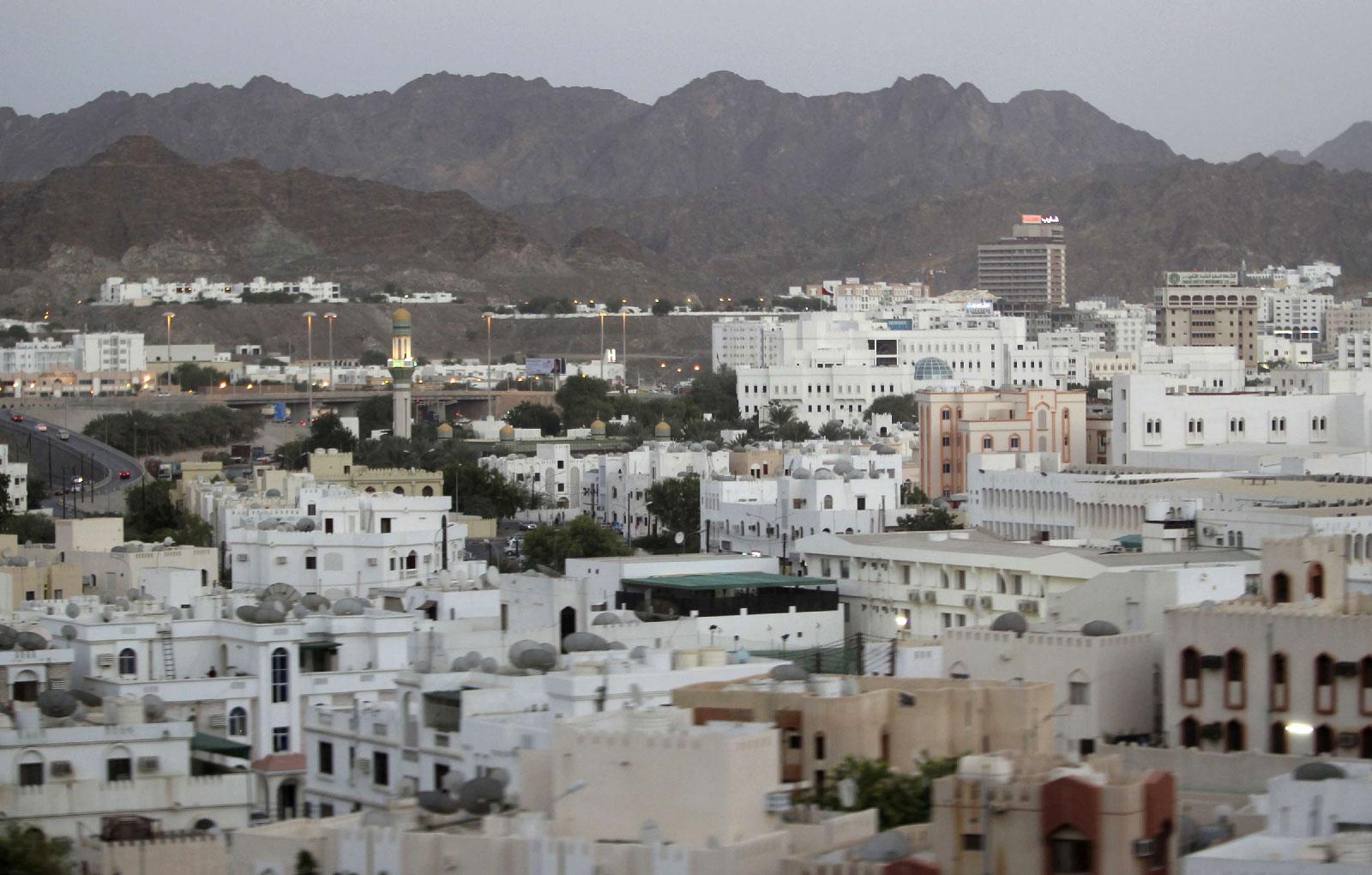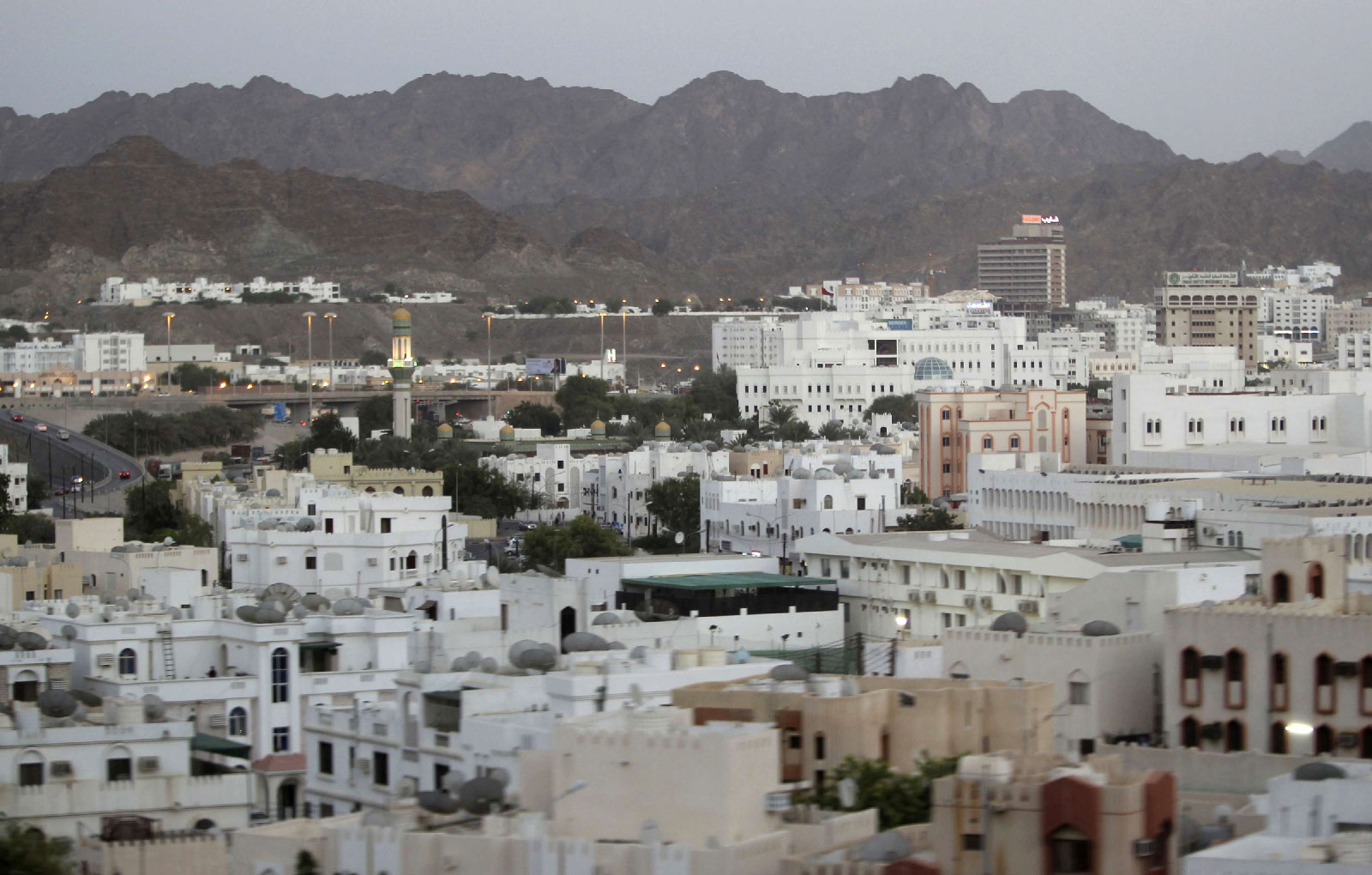Moody's downgrades Oman on fiscal challenges
DUBAI - Moody's cut Oman's credit rating to junk with a negative outlook, citing fiscal challenges at a time of moderate oil prices in a move set to keep its borrowing costs high.
Oman's state coffers have been hit hard by a slump in oil prices in recent years, resulting in a wide budget deficit that it has struggled to tame and leading Fitch and S&P to cut Oman's rating to junk over the past two years.
Moody's said in a statement on Tuesday that Oman could face external vulnerability as wide fiscal deficits will contribute to wide current account deficits, perpetuating Oman's dependence on steady inflows of external financing.
Oman's bond yields rose on Wednesday, by around 8 basis points on short- and medium-term paper, though the move was more subdued at the long-end of the curve.
One debt trader said the downgrade was already factored in as Oman bonds had been trading in line with other non-investment grade credits since last year.
"The market needs to see some signs from Oman to give it confidence that it's going to tackle the large fiscal deficit," said Monica Malik, chief economist at Abu Dhabi Commercial Bank.
"We believe that Oman will still be able to access international debt over our outlook period, though access could be impeded in the medium term if reforms to narrow its twin deficits are not implemented," she added.
For 2019, the oil producer has projected a budget deficit of 2.8 billion Omani rials ($7.3 billion) or 9 percent of gross domestic product, assuming an average oil price of $58 per barrel.
Malik said recent reported comments by an Omani official that privatization will help partly support funding requirements this year sounded "optimistic," and the country will likely have to tap the debt market.
"I expect Oman to raise around $2 to $3 billion in debt in the first half of the year, with another $2 billion in the second half depending on market conditions," Zeina Rizk, director of fixed income asset management at Dubai's Arqaam Capital, said.
"It remains to be seen how much they can raise from privatization this year," she added.
Moody's downgraded the long-term issuer and senior unsecured bond ratings of Oman to Ba1 from Baa3, it said in a statement on Tuesday. Baa3 is Moody's lowest investment-grade rating.
The rating agency said the negative outlook reflects the risk that "foreign investors' willingness to finance Oman's large deficits at relatively low costs could weaken, exacerbating the sovereign's external vulnerability and raising government liquidity pressures".
Jean-Paul Pigat, head of research at Lighthouse Research, said any concerns over financial market stability should be balanced against the high likelihood of receiving financial support from the rest of the Gulf countries.
Bahrain last year secured $10 billion in Gulf aid pledges and has promised to implement fiscal reforms.
Oman raised $8 billion in international bond sales last year, covering the three billion rial ($7.8 billion) deficit projected in its 2018 state budget.
A recovery in oil prices last year, however, narrowed the budget deficit by 43 percent to 1.87 billion rials during January to November, government data showed.



